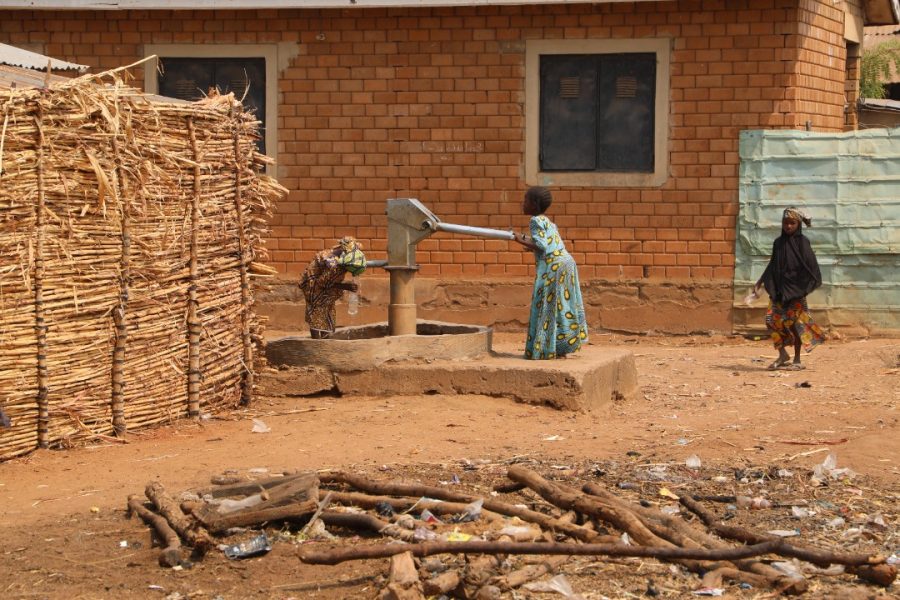By Thelma Chioma Abeku, Kenni Ndili and Kenneth Ibe (Lead Writers)
World Leprosy Day is observed on the last Sunday of January every year, to increase the public awareness of leprosy or Hansen’s Disease.
Leprosy is an infectious disease that causes severe, disfiguring skin sores and nerve damage in the arms, legs, and skin area of the human body.
To commemorate the 2022 World Leprosy Day with the advocacy campaign theme ‘’United for Dignity’’, Nigeria Health Watch visited and toured the Alheri community in Yangoji, Kwali Area Council in the Federal Capital Territory.
The community is mainly occupied by people affected by leprosy and so it is also known as, ‘the Leprosy Village’. The aim of the visit was to assess their way of life, highlight their most pressing health needs and draw the attention of the relevant stakeholders to improve their standard of living.
Every community must have access to proper Water, Sanitation and Hygiene (WASH) facilities to stay clean and live healthy. Particularly for the people in Alheri special village who need access to WASH to stay alive.
The team observed that although there were visible signs of water supply, the toilets in many of the homes visited were inadequate and where available, they were in a poor state.
Sanitation and hygiene facilities are some of the basic and necessary requirements for a household and the simple act of renovating the toilets in the community will help restore their human dignity and mitigate the outbreak of any infectious diseases.
Economic empowerment is key for human survival.
Leprosy can have a significant economic impact on individuals and their families owing to impairments associated with the condition. People may be unable to work or in some cases, may lose their jobs because of the stigma related to leprosy.
Acquiring soft skills may lead to getting decent work which is a great pathway of integrating people living with leprosy into the society and a mechanism for breaking the cycle of dependency, poverty and isolation normally associated with disability.
In the words of Malam Ali Isah, head of Alheri special village, “Yanayin mu yana wahalar da mu wajen yin tallace-tallace ko yin aiki yadda ya kamata, muna buƙatar ƙarfafa mu ta fuskar tattalin arziki don ba mu damar haɓaka yaranmu da ƙarfafa matasa a cikin al’ummarmu”. “Our condition makes it hard for us to do business or work as we ought to, we need to be empowered economically to enable us raise our children and empower the youth.”
The Federal Ministry of Humanitarian Affairs and other relevant agencies must focus on equipping members of the Alheri community with appropriate skills and assistance that can enable them cater to their families and ultimately live dignified lives.
Access to education will provide the children in Alheri community with hope and will help tackle the vicious cycle of poverty that undermines their ability to be self-sufficient.
People suffering from leprosy should not be neglected. Public and private organisations and government at all levels must work together to ensure that the inhabitants of Alheri and other such communities in Nigeria live a dignified life, free from disease-related stigma.
